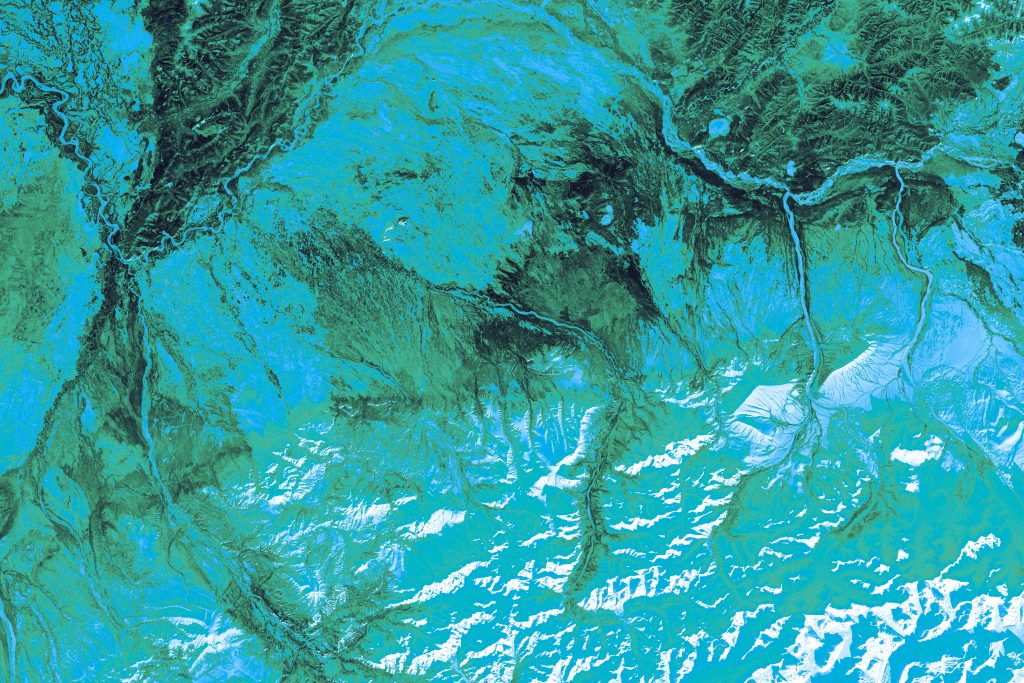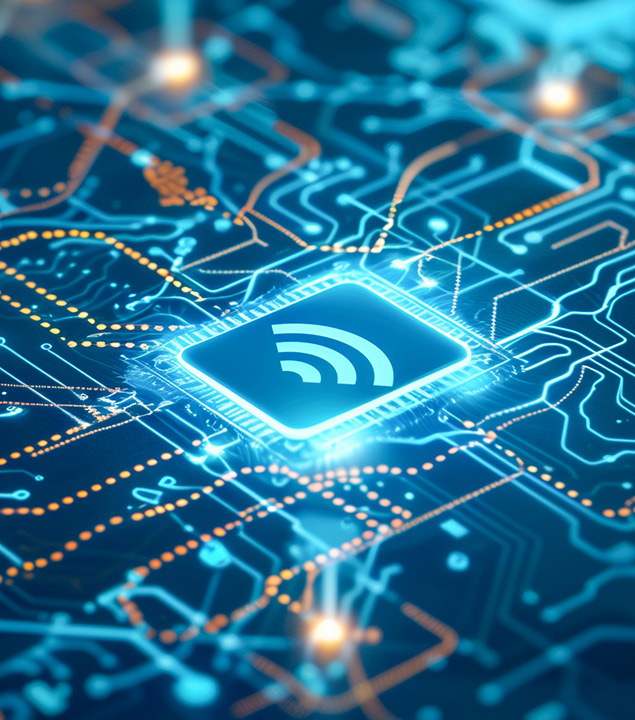As satellite technology develops, we are seeing a huge change in the way that we use the data and intelligence it provides. On Episode 26 of The Satellite & NewSpace Matters Podcast we spoke to Kateryna Aheieva, the Head of Business Development at LuxSpace, about how these applications are being developed and the impact they could have on the wider world. Here are her insights:
Satellite intelligence is becoming a hot topic. Every single day I see more and more companies discussing it. In my previous jobs, the main business was taking pictures from space and selling that data and value-added information to customers from that. Talking to clients and partners, we realised that the requirements on data are actually quite high. It’s not only about the resolution or the quality, but also about the amount of data that can be provided from the space system to the end user that is important. If you want to create a value added service, you have to utilise a lot of data points and have a powerful source of information. So the satellite or the space system itself should be very powerful.
Constellations were having to get much bigger in order to perform. At LuxSpace, we’re building satellite platforms in the 50-250 kilogramme class, which is a completely different system. It’s a very capable platform for certain applications with very high resolution imagery for agriculture, thermal imagery, etc, which results in high density and very good quality data. Because the space world is occupied by engineers, we are often building systems that there isn’t currently demand for, just because we can push that boundary. So we have a lot of systems built, but not all of them are utilised in the proper way or maybe at the maximum capacity. So I truly believe that space systems could have a better use when they get more intelligent.

There is a huge opportunity to utilise this intelligence from satellites. When multiple systems or subsystems are taking pictures and sending them to the ground station, when the space system has a diverse list of tasks, when you need less operational capability on the ground to perform that task, and when the space system itself is capable of making some decisions, and analysis to decrease the amount of work that needs to be done on the ground, it will be huge. The system itself is becoming more capable too. Intelligence is coming.
And a couple of companies around the world are working in that direction. They have onboard computing capabilities, not only for close Earth spaces like low earth orbit, but even higher orbit and also interplanetary missions which could satisfy the needs of the system that is flying far away from Earth and has to be independent and tasking itself. We also see the potential in this market, and the contributions we can make to society by moving the direction of space intelligence instead of bringing the capacity of objects up to a certain level, because applications like communication from space or the internet from space still require certain coverage, but some applications, especially institutional technology demonstration, can be made more smart.
To hear more from Kateryna, tune into Episode 26 of The Satellite & NewSpace Matters Podcast here.
We sit down regularly with some of the biggest names in our industry, we dedicate our podcast to the stories of leaders in the technologies industries that bring us closer together. Follow the link here to see some of our latest episodes and don’t forget to subscribe.


